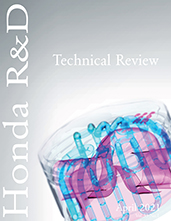Training / Education
The Tire as a Vehicle Component
The principal functions of the pneumatic tire are to generate driving, braking, and cornering forces while safely carrying the vehicle load and providing adequate levels of ride comfort. This course explains how tire forces and moments are generated under different operating and service conditions and, in turn, demonstrates how these forces and moments influence various vehicle responses such as braking, handling, ride, and high-speed performance. The content focuses on the fundamentals of tire behavior in automobiles, trucks, and farm tractors, but also includes experimental and empirical results, when necessary.


